Editor's Note
Welcome to another edition of the C3 Weekly
Update. We are preparing for spring break here but research is moving
along well. Findings from our YouTube analysis should be available soon
for the wider Consortium through the Weekly Update and other venues,
and students currently doing revisions on their viral marketing and
spreadable media research projects they have been researching on this
semester.
We have several posts up recently on our blog
about a variety of speaking events and conferences the Consortium has
been involved with, including the Society for Cinema and Media Studies
conference, the MIT Communications Forum event on Global Television
with William Uricchio, a Webinar with PR News that I participated in,
and Henry Jenkins' recent keynote at South by Southwest, among others.
We will continue to have updates on SCMS in the coming days. In
addition, I will be spending this weekend in San Francisco, where I'm
presenting at the Popular Culture Association and American Culture
Association annual national conference. I'm planning to share some
perspectives from that event through the C3 Weblog as well.
C3 Spring Retreat
The C3 Spring Retreat, which we often refer to as
the partners retreat as well, will bring together many of our team of
consulting researchers and representatives from our corporate partners
for a two-day event here on MIT's campus on Thursday, May 08, and
Friday, May 09, to discuss our current research and important topics in
the contemporary media landscape. As mentioned last week, each of our
graduate students currently working on the project--Xiaochang Li, Ana
Domb, and Eleanor Baird--will be presenting some of their projects,
while Joshua Green and I will be discussing the
work on YouTube and other Consortium projects on Thursday. That
evening, from 5 p.m. and 7 p.m., we will be hosting a public colloquium
event for the Program in Comparative Media Studies here at MIT that is
tentatively scheduled to deal with how to research online video through
platforms such as YouTube. In addition to this more general public
discussion of the video sharing site, we will be sharing many of our
specific research findings in the internal Consortium event during the
conference as well.
Friday's events will begin with comments from C3
Director Henry Jenkins and C3 Principal Investigator William Uricchio,
followed by a couple of panels. The first will feature a conversation
on transmedia that will include C3 consulting researchers, as well as a
couple of special guests from the industry--Matt Wolfe of Double Twenty
Productions and Keith Clarkson, who is an executive producer at
Xenophile Media. The second event will focus on media audiences as a
community and will feature both consulting researchers, as well as
representatives from Boston-based companies interested in this
conception of community, such as Communispace and Forrester Research.
We are also going to set a session aside for all those in attendance to
break apart into four or five groups to discuss a variety of issues in
groups that include members of our team here at MIT, consulting
researchers, and representatives from our partner companies.
If you have any questions about the schedule,
please don't hesitate to contact us.
MIT Futures of Entertainment 3 and This Week's
Newsletter
In addition to our C3 Spring Retreat, we are now
confirming the date
for MIT Futures of Entertainment 3, which will be the 2008 iteration of
our annual public conference here at MIT. This year's conference will
take place Nov. 21-22 here at MIT at the Wong Auditorium in the Tang
Center here at MIT. We hope many of you will be able to join us for the
event.
In the Opening Note section this week, we
introduce our six new consulting researchers and our new postdoctoral
researcher here in the Consortium. The Closing Note features the first
contribution in the newsletter from new Consortium postdoctoral
researcher Esteban Olle. As usual, we include
links to the latest blog posts from the Consortium's site, including
writing from our graduate students, myself, Henry Jenkins, and C3
Research Manager Joshua Green.
If you have any questions or comments or would
like to request prior issues of the Update, direct them to Sam Ford,
editor of the C3 Weekly Update, at samford@mit.edu.
|
|
In This Issue
Editor's Note
Opening Note: New C3 Consulting Researchers and
Post-Doctoral Researcher
Glancing at the C3
Blog
Closing Note: Esteve Olle on the Changing
Structure of Media Industry Organizations
Upcoming
Friday, March 21, 10-11:30 a.m.
Valuing Fans Outside the Target Demographic: Soap
Opera Fans and Proselytizing
C3 Project Manager Sam Ford's presentation as part of the soap opera
area of the National
Popular Culture Association Conference, San Francisco
Thursday, April 10, 5-7 p.m.
MIT Communications Forum: Our World Digitized: The
Good, the Bad, the Ugly
Featuring Yochai Benkler and Cass Sunstein: Bartos Theater, Wiesner
Building, MIT Media Lab
Co-sponsored by the MIT Center for Future Civic Media
Thursday, April 24, 5-7 p.m.
MIT Communications Forum: Youth and Civic
Engagement
Featuring Lance Bennett, Ian V. Rowe: Bartos Theater, Wiesner Building,
MIT Media Lab
Co-sponsored by the MIT Center for Future Civic Media
Friday, April 25
Console-ing
Passions 2008 Conference
C3 Project Manager Sam Ford presents "Outside the Target Demographic"
as part of the Gendered Fan Labor in New Media and Old panel.
Thursday, May 08, and Friday, May 09
C3's Spring Retreat
Thursday, May 22 to Monday, May 26
Communicating
for Social Impact, Conference of the
Interntional Communication Association
C3 Research Manager Joshua Green will make two presentations at this
Montreal event. Details forthcoming.
Thurs., June 19, to Sunday, June 22
Consumer
Culture Theory Conference 2008
C3 Director Henry Jenkins, C3 Research Manager Joshua Green, and C3
Project Manager Sam Ford are included among panelists at
this Suffolk University event here in Boston. More information
forthcoming.
|
Opening Note
New Consulting Researchers and
Postdoctoral Researcher
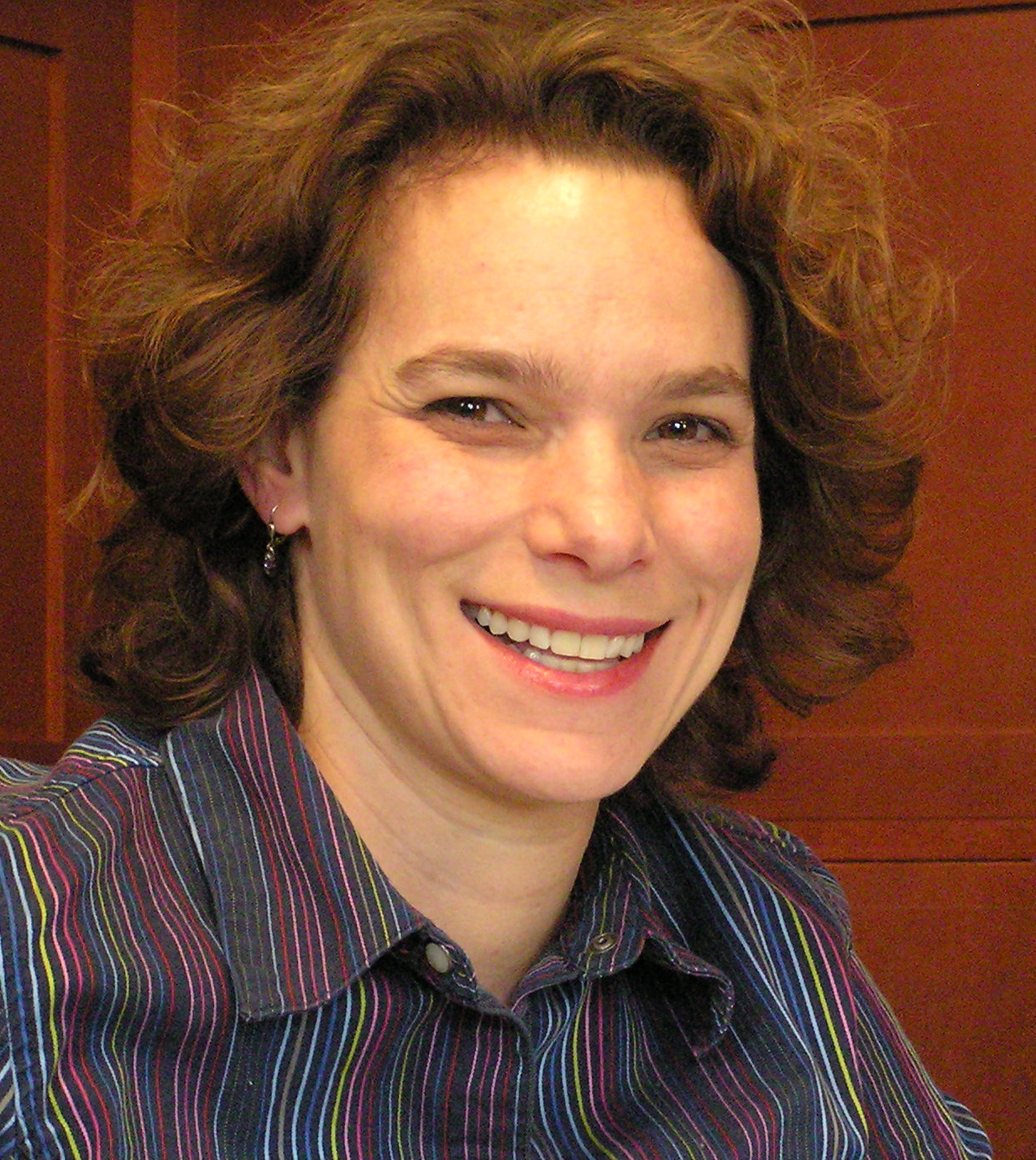 Nancy Baym is an Associate Professor of
Communication Studies at the University of Kansas,
where she teaches about communication technology, interpersonal
communication and qualitative research methods. She pioneered the study
of online community and fandom in the early 1990s, writing about how
soap opera fans built relationships with one another while transforming
television viewing into a collaborative endeavor. Her book Tune In,
Log On: Soaps, Fandom and Online Community (Sage, 2000) synthesizes
that work. Her recent publications include "The
New Shape of Online Community: The Case of Swedish Independent Music
Fandom" in First Monday, as well as articles in New
Media & Society, The Handbook of New Media, and The
Information Society. With Annette Markham, she is co-editor of Internet
Inquiry: Conversation about Method (forthcoming from Sage), a book
examining how exemplary qualitative researchers manage the challenges
raised when studying the internet. She is currently studying the
"friend" relationship in the music-oriented social network site Last.fm
and writing a book, Personal Connections in a Digital Age,
about digitally-mediated community, relationships and social networks
for Polity Press. She was a co-founder of the Association of Internet
Researchers and served as its President. She blogs at OnlineFandom.com
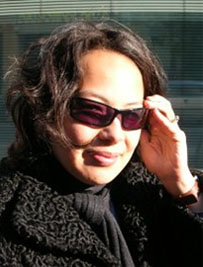 Abigail (Gail) Derecho is currently on faculty at
Columbia College Chicago, in the Program in Cultural Studies. In Fall
2008, she will join the faculty of UC Berkeley as an Assistant
Professor in The Berkeley Center
for New Media and the Department
of Theater, Dance & Performance Studies. She researches
intersections of minority discourse with artistic appropriations,
especially digital appropriations such as sampling, online fan
productions, game mods, and audio and visual mash-ups; Internet piracy
and "torrent culture"; narrative serializations in digital contexts;
and "techno-orientalism," or Hollywood sci-fi's equation of futuristic
technologies with Asia and Asianness. In June 2008, she will be awarded
her Ph.D. by Northwestern University's Program in Comparative Literary
Studies and the Department of Radio/Television/Film. Her dissertation,
"Illegitimate Media: Race, Gender, and Censorship in Digital Remix
Culture" argues that digital remix was largely invented by African
Americans and Anglo American women, and that Culture Wars-era debates
over representations of race and sex severely constrained these nascent
cultural forms. Her article "Archontic Literature: A Definition, a
History, and Several Theories of Fan Fiction" appears in Fan
Fiction and Fan Communities in the Age of the Internet, eds. Karen
Hellekson and Kristina Busse, and she is currently co-editing a volume
on soap operas, Searching for Soaps' Tomorrow, with Sam Ford
and C. Lee Harrington. She can be reached at abigail.derecho@gmail.com.
 Jonathan Gray is an Assistant Professor of
Communication and Media Studies at Fordham University. He is currently
working on two books for NYU Press, one about film and television
"paratexts" – all those things that surround film and television, from
games to trailers, spinoffs to spoilers, toys to hype, reviews to fan
creations – and the other a co-edited collection (with Jeffrey P. Jones
and Ethan Thompson), Satire TV: Comedy and Politics in a
Post-Network Era. Other books: Television Entertainment
(Routledge, 2008); Watching with The Simpsons: Television, Parody,
and Intertextuality (Routledge, 2006); Fandom: Identities and
Communities in a Mediated World (NYU Press, 2007), edited with
Cornel Sandvoss and C. Lee Harrington); and Battleground: The Media
(Greenwood, 2008), an encyclopedia of media hot-button issues, edited
with Robin Andersen. His research examines the interactions of
entertainment media and audiences, with particular interest in parody
and satire, transmedia storyworlds, and the changing nature of
"television." He has degrees from University of British Columbia (B.A.
in English), University of Leeds (M.A. in Literature from Commonwealth
Countries), and Goldsmiths College, University of London (M.A. and
Ph.D. in Media and Communication Studies). Jonathan writes at The
Extratextuals and can be reached at jongray@fordham.edu.
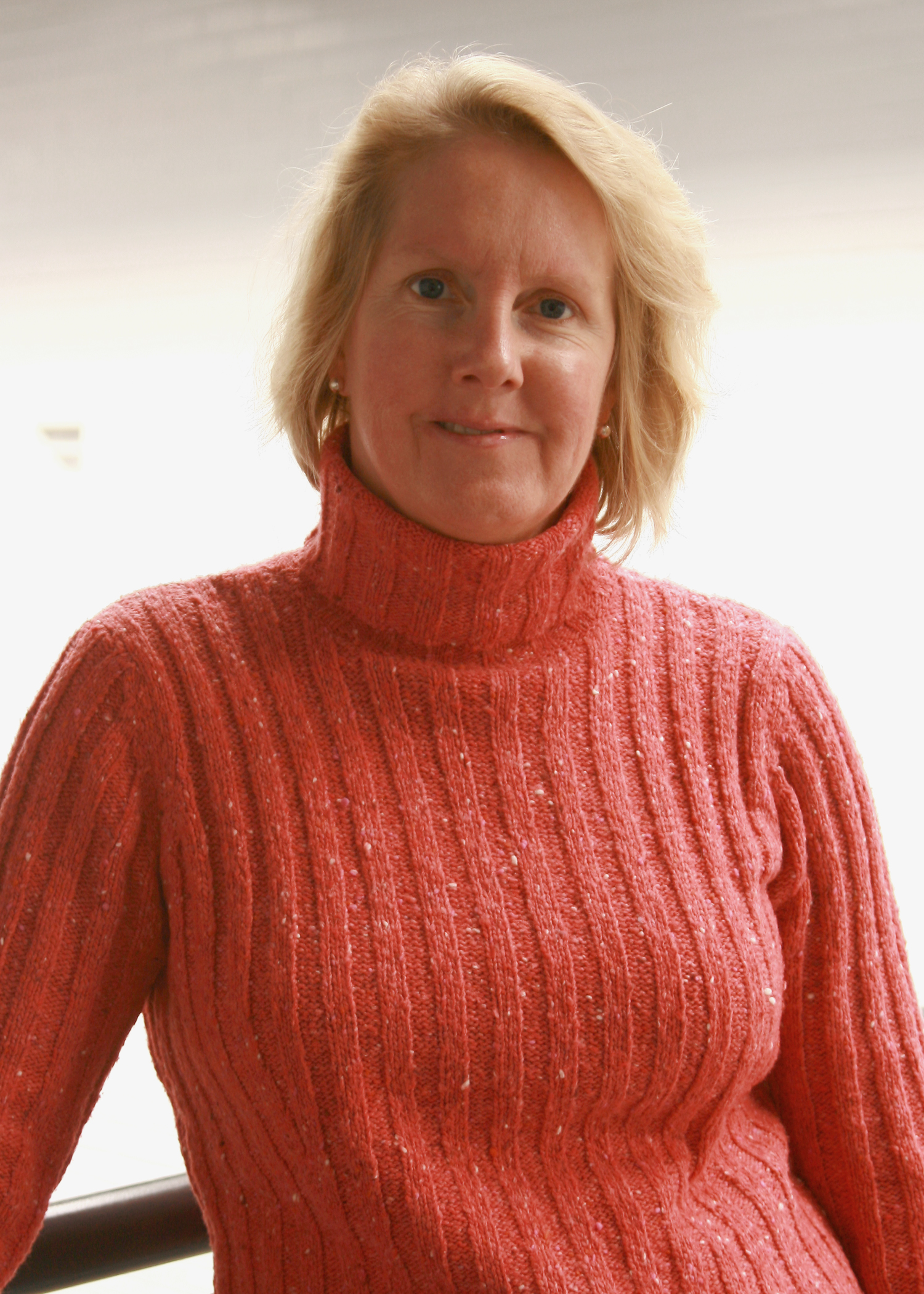 C. Lee Harrington is Professor of Sociology and
Affiliate of the Women's Studies Program at Miami University. Her areas
of research include television studies, fan studies, and the sociology
of law. Her long research collaboration with Denise D. Bielby has
focused on the daytime soap opera genre, its audiences and fans, and
its global circulation. Their joint work includes Soap Fans:
Pursuing Pleasure and Making Meaning in Everyday Life (1995, Temple
U. Press), the edited collection Popular Culture: Production and
Consumption (2001, Blackwell), and an in-press book on global
television distribution titled Global TV: Exporting Television and
Culture in the World Market (2008, NYU Press). She also recently
co-edited an anthology on fandom aptly titled Fandom: Identities
and Communities in a Mediated World (2007, NYU Press; with Jonathan
Gray and Cornel Sandvoss). Harrington has also published on issues of
sexual representation on television in Feminist Media Studies
and Journal of Broadcasting & Electronic Media. Current
research projects include a study of acting and aging on daytime soaps,
and a study of media framing of death row volunteers (inmates who want
to be executed). She received her PhD in Sociology from the University
of California-Santa Barbara.
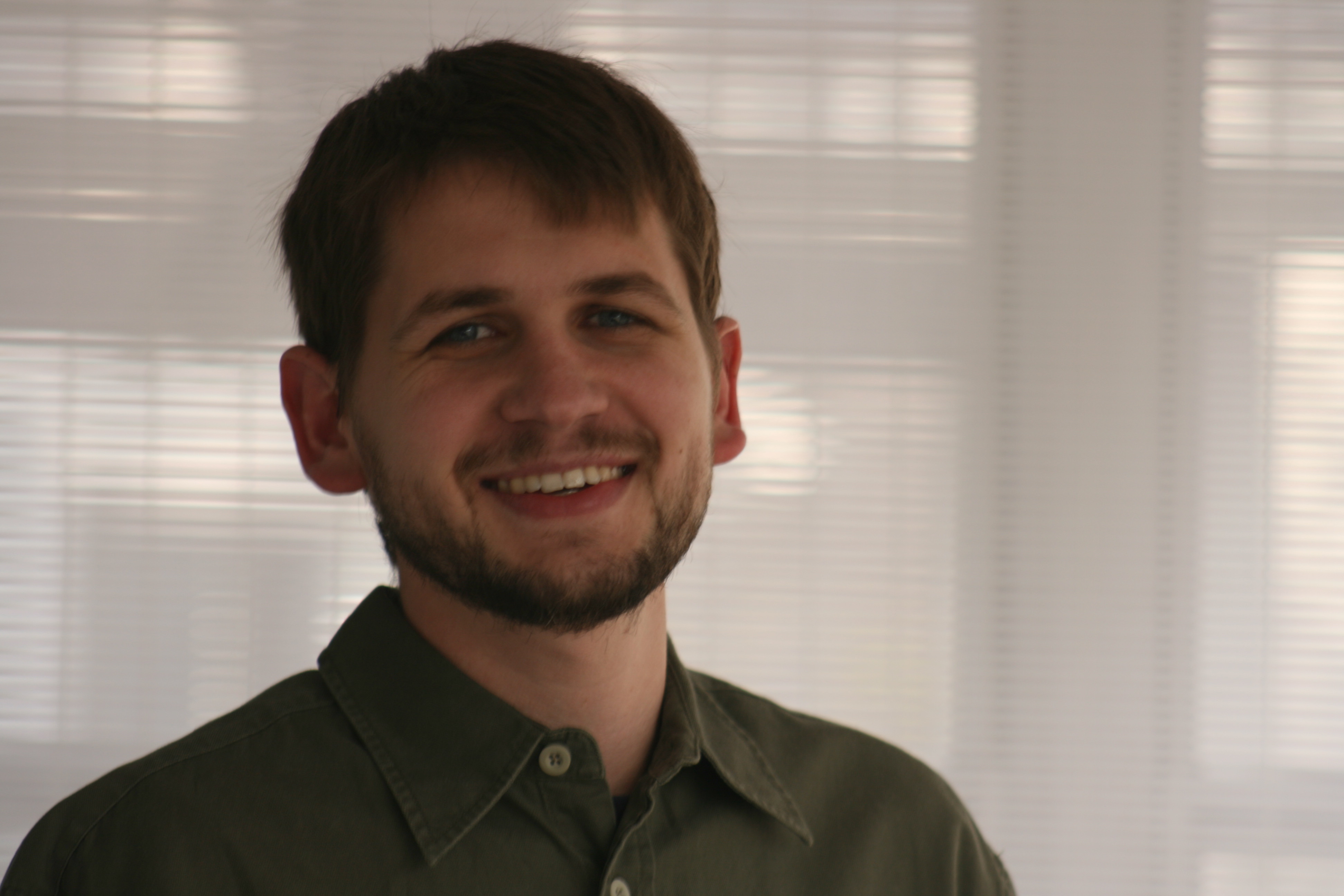 Derek Johnson is a PhD Candidate in Media and
Cultural Studies at the University of Wisconsin, Madison. His
dissertation examines the historical development of the media
"franchise" as a form based on shared intellectual property networks,
as a specific set of production and consumption practices, and as a
discourse used to make sense of media culture. Interested in the
organization of culture across media platforms, his research spans a
wide range of industries (including film, television, video games,
comics, and licensed merchandising) and encompasses issues of narrative
theory, audience reception, public sphere discourse, as well as media
economics and policy. His recent publications include "Inviting
Audiences In: The Spatial Reorganization of Production and Consumption
in 'TVIII'" (New Review of Film and Television, 2007),
"Fan-tagonism: Factions, Institutions, and Constitutive Hegemonies of
Fandom" (Fandom: Identities and Communities in Mediated Culture,
edited by Gray, Harrington, and Sandvoss, 2007), and "Will the Real
Wolverine Please Stand Up?: Marvel's Mutation from Monthlies to Movies"
(Film and Comic Books, edited by Gordon, Jancovich, and
McAllister, 2007).
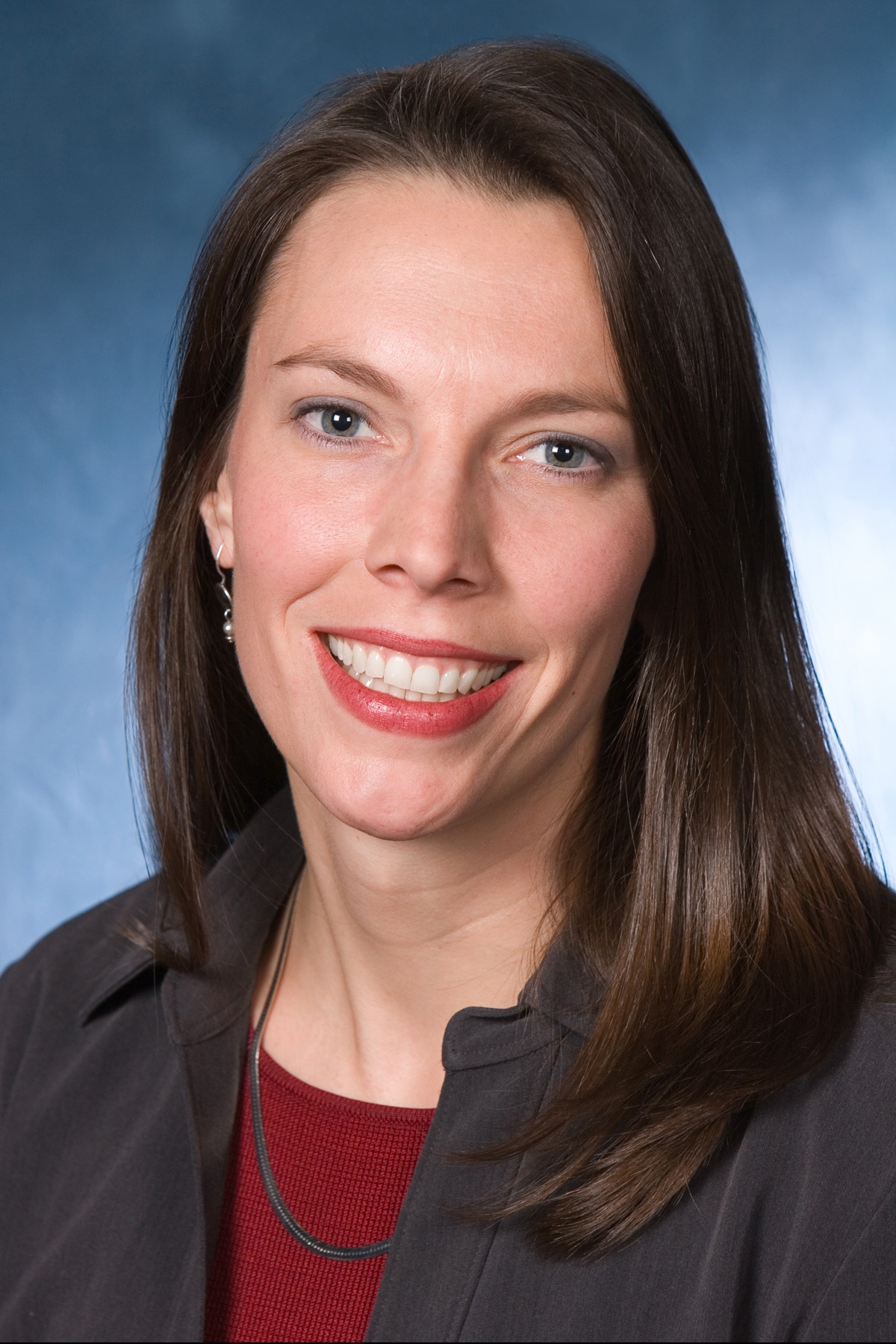 Amanda D. Lotz is an assistant professor of
Communication Studies at the University of Michigan. She is the author
of The Television Will Be Revolutionized (New York University
Press, 2007), in which she examines the institutional adjustments of
the U.S. television industry since the 1980s on the medium's role as a
cultural institution and Redesigning Women: Television after the
Network Era (University of Illinois Press, 2006), which explores
the rise of female-centered dramas and cable networks targeted toward
women in the late 1990s as they relate to changes in the U.S.
television industry. She also has published articles in Critical
Studies in Media Communication, Feminist Media Studies, Media,
Culture & Society, Communication Theory, Journal of
Broadcasting and Electronic Media, Television & New Media,
Screen, Journal of Popular Film and Television,
and Women and Language.
Amanda is currently working on an edited collection that
brings together established television scholars writing new chapters in
their areas of expertise that reconsider how programming forms other
than prime-time series (such as sports, news, soap operas, and
made-for-television movies, among others) have been affected by the
wide-ranging industrial changes instituted over the past twenty years.
She also has an emerging project exploring men and masculinity in
contemporary television dramas and is in the preliminary stages of
developing an ethnographic study of new patterns of television use.
Amanda has participated in many media industry programs for academics,
such as the NATPE Faculty Fellow and Faculty Development Grant
Programs, AEF Visiting Professor Program, and the ATAS Faculty Seminar,
and has been involved in consulting activities with Competing Values
and NBCU owned-and-operated stations.
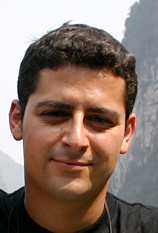 Esteve Olle is a Postdoctoral Fellow in the
Program in Comparative Media Studies at MIT, where he also works with
the Convergence Culture Consortium on a research project about the
changing structure of media organizations. He holds a Ph.D. in
sociology from the Internet Interdisciplinary Institute of the Open
University of Catalonia, with a focus on the uses of new media in
public organizations. He has also worked as an e-governance freelance
consultant for several European institutions. Before coming to MIT,
Esteve spent three years doing research on globalization theory at the
London School of Economics. He has published articles on these and
other topics, and his first book, which is about the uses of new media
in Barcelona's City Council, will be published in 2008. His current
research looks at the nature, convergence practices
(production/reception), and sociocultural processes involved in new
television products that claim a strong relation with social/scientific
knowledge.
Glancing at the C3 Blog
|
TWC
Journal CFP. The Organization for Transformative Works is currently
seeking potential essays for the inaugural issue of Transformative
Works and Cultures. The board for the journal includes a variety of
C3-affiliated researchers, including not only Henry Jenkins and Sam
Ford but also Nancy Baym, Abigail Derecho, Jonathan Gray, C. Lee
Harringotn, Derek Johnson, Jason Mittell, and Aswin Punathambekar.
My
Response to the "1, 2, 3 Challenge". Sam Ford responds to Henry
Jenkins' recent online meme by looking at some sample text from three
of the most recent books he has looked at, highlighting work on lucha
libre, soap operas, and the gendered-ness of the camera's perspective.
If
You Saw My Talk at South By Southwest... C3 Director Henry Jenkins
provides notes in relation to his recent talk at South by Southwest in
Austin, Texas.
Misplacing
Medium Specificity. C3 Graduate Student Researcher Ana Domb writes
aobut Quarterlife, Squeggees, and the aesthetics of a
Web TV show.
Mobile
Marketing: More Ads on the Go? (Part I). C3 Graduate Student
Researcher Eleanor Baird writes about mobile phones as a delivery
channel for targeted advertising.
Controlling
to Protect?. C3 Graduate Consulting Researcher Ana Domb writes
about new technologies being touted at providing better "child safety"
online.
|
|
Jon
Gray's Notes from SCMS. New C3 Consulting Researcher Jonathan Gray
writes about panels on The Future of Television Sutides, Scholarly
Writing in the Digital Age, and Corporate Authorship from the recent
SCMS academic conference in Philadelphia.
The
Moral Economy of Web 2.0 (Part One). C3 Director Henry Jenkins
provides the first in a series of posts presenting an essay co-authored
with C3 Research Manager Joshua Green that ran in several C3 Weekly
Update issues last year.
GDC
Roundup 2008: Diversity and Innovation in the Contemporary Games
Industry. C3 Director Henry Jenkins provides a roundup of the Game
Developers Conference from Eitan Gilnert.
Self-Distribution
and Me. C3 Graduate Student Researcher Ana Domb writes about her
planned thesis project about self-distribution models being developed
in the U.S. and how they can translate into Latin-American and
international distribution.
Participation
and User Value: LiveJournal's Latest Debacle. C3 Graduate Student
Researcher Xiaochang Li writes about controversy on the social blogging
site after the company removed the "basic" membership option.
C3
in the News: MIT Communications Forum and PR News Webinar.
C3 Principal Investigator William Uricchio participated in a recent MIT
Communications Forum here at CMS, while last week's Prime Time in
Transition Communications Forum is now available in audio form.
Meanwhile, C3 Project Manager Sam Ford recently participated in a
Webinar with PR News.
|
Follow the Blog
Don't forget – you can always post, read, and
carry
out
online conversations with the C3 team at our blog.
Closing Note
The Changing Structure of Media
Industry Organizations
Our world is entering in a new mode of social
organization which is connected to three interrelated processes: a
technological transformation that has its epicenter in the intensive
use of information and communication technologies; the globalization of
the economy, and of political, environmental and organized violence
issues; and the virtualization of participatory culture, which is, in
many ways, the key source of the undergoing change.
But like in all episodic transitions, the new society
has many continuities with the old one, not only in terms of functional
relations, but also in terms of technological, organizational and
cultural incompatibilities between the 'old' and the 'new'. That is to
say, organizational forms and cultures of the industrial era are
interwoven in complex ways with the emerging organizational structures
which are paradigmatic of the information society. Private companies in
all sectors, public organizations, civil society groups and all social
forms are actively negotiating, with different levels of success, their
internal transition through mechanisms of economic competition,
democratic legitimacy, organizational efficiency and cultural and
technological innovation.
Social scientific research and business reflection have
already provided a great deal of knowledge about this transition. These
analytical efforts have tended to put emphasis on distinctive
constraints to organizational and technological change depending on the
type of organization, public or private. In principle, this intuitive
separation is highly plausible given the differences between the two
organizational forms. On the one hand, internal, organizational
barriers constitute the nuclear preoccupation of the political
sociology of electronic government. Both the centralized nature and the
hierarchical culture of traditional public bureaucracies, many analysts
argue, have serious compatibility problems with the decentralizing
logic that is usually attributed to the design and implementation of
new, relevant information technology systems aimed at both efficiency
and democratic gains. On the other hand, the revenue model, or more
precisely the lack of it, is perhaps the key factor that is driving the
reflection on the nuts and bolts of the success of those industries
that are more seriously impacted by the Internet.
In this series of six contributions to the C3 Weekly
Update, I wish to take another tack. I wish to use the available
knowledge on the sociology of the organizational transformations
associated with contemporary information societies in order to reflect
on the changing structure of media organizations. This perspective,
which somehow questions the hard distinction between 'public' and
'private', implies the hypothesis that this generation of proper
business models under what we call convergence culture conditions is
intimately related to institutional and cultural transformations inside
these very industries.
Despite all the available knowledge, the studies of the
transformation of media industries seem to require further systematic
reflection on the organizational factors that are both constraining and
enabling functional change. At least four interrelated elements seem to
be highly relevant in the context of media industries:
a) The dualism between centralized
bureaucracies and horizontal, networked organizational structures.
Globalization conditions, and ownership concentration, have put a lot
of pressure on media industries for them to advance toward a more
decentralized organizational model. But to what extent has this model
achieved all the necessary conditions to transcend the traditional
bureaucratic structures and processes?
b) The transformation of accountability
mechanisms. All organizational transitions imply both an analytical,
unintended transformation of internal/external accountability
mechanisms and the active rethinking and reconfiguration of formal
accountability mechanisms by structurally situated agents. For an
organization to be functional in transitional conditions, for example
those associated with convergence culture parameters, both mechanisms,
which operate among all involved actors and glue the political
structure of the organization, have to be compatible. To what extend is
this the case in media industries?
c) The "interface" department. Public
bureaucracies are perhaps the most solid type of organizations in human
history. That is why the detection of transitional mechanisms within
their context is highly relevant for other, more flexible types of
organizations that nonetheless also encounter problematic dynamics.
Sociological research has shown that among all the possible leading
agents of these transformations, "interface" departments are among the
most active proponents and informal leaders of actual change. By
"interface" departments we understand those internal organizational
units that have a direct contact with citizens/clients/consumers as
part of their daily activity. To what extent can this transitional
mechanism be observed in media industries?
d) The rise of "emotional intelligence."
Interest in "the emotional" has burgeoned in the last years, not only
in the sociology of organizations and political sociology studies, but
in psychology, philosophy, history, international relations and media
studies. This critical aspect of organizational transitions seems
particularly relevant in industries that are so intimately connected
with the production, codification, manipulation and circulation of
cultural products that require the generation of functional creative
milieus. To what extent are media industries adapting their internal
organizations to the emotional parameters of convergence culture?
In the following series, I will explore all the
available empirical studies on how each one of these internal factors
enable or constrain the changing structure of media industry
organizations. I will finish these series of contributions with a white
paper where I will outlined a set of broad recommendations based on the
previous work.
Esteve Olle is a
Postdoctoral Fellow in the Program in Comaprative
Media Studies at MIT, where he also works with the Consortium on
research about the changing structure of media
organizations. He holds a Ph.D. in sociology from the Internet
Interdisciplinary Institute of the Open University
of Catalonia and spent three years previous to coming to MIT
researching globalization theory at the London
School of Economics.
|




